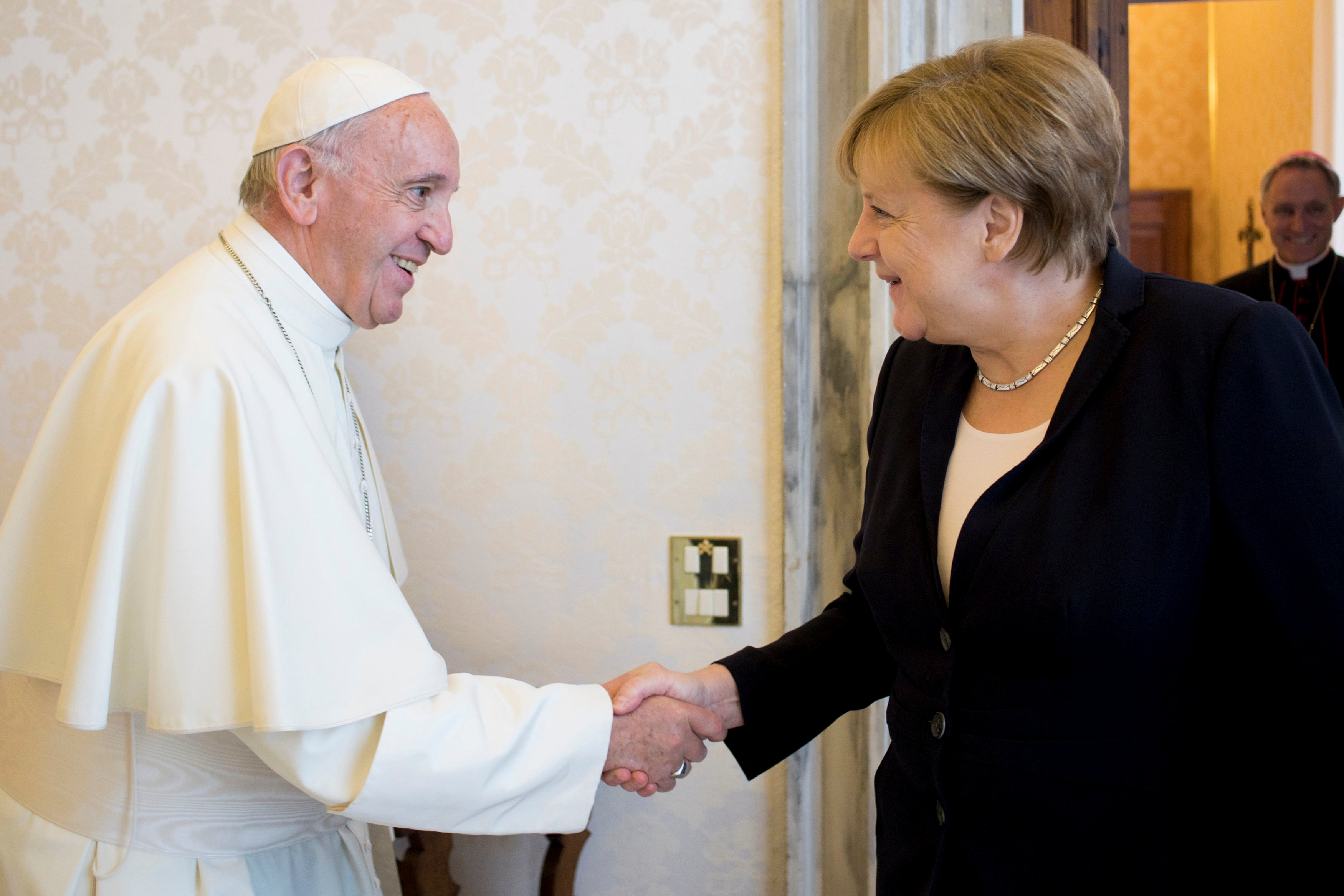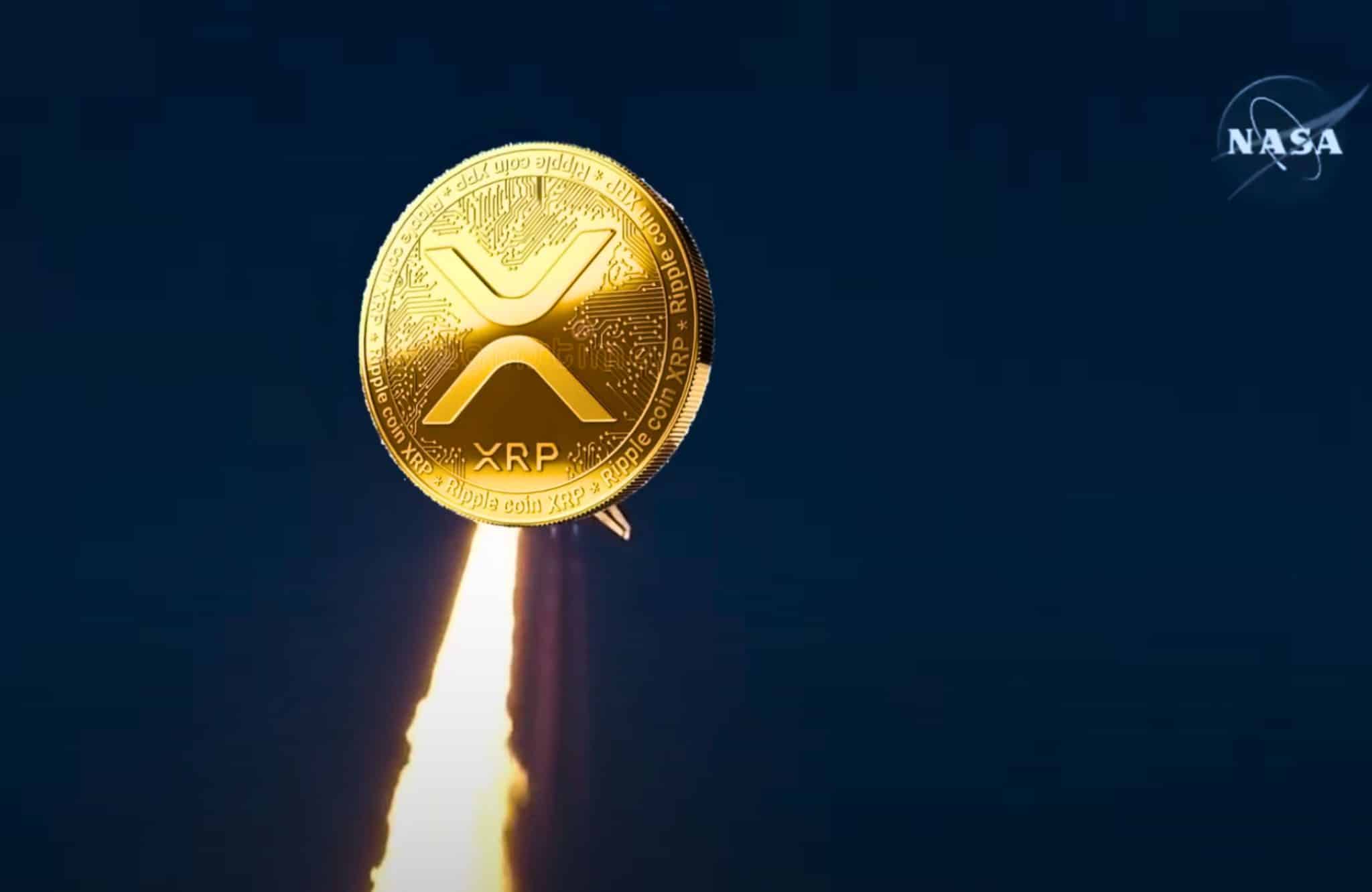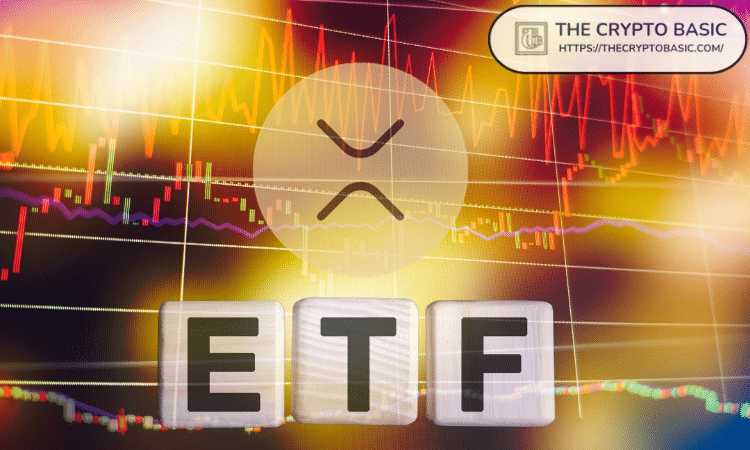The Vatican's Financial Crisis: A Legacy Pope Francis Couldn't Resolve

Table of Contents
Historical Context: The Roots of the Vatican's Financial Troubles
The Vatican's current financial struggles are not a recent phenomenon but rather the culmination of decades of opaque practices and mismanagement. The historical context is crucial to understanding the magnitude of the challenge. For years, a lack of transparency and accountability in the management of Vatican finances, specifically within the Administration of the Patrimony of the Apostolic See (APSA), has allowed for potential abuses and mismanagement to fester.
- Lack of Transparency and Accountability: For much of its history, the Vatican's financial dealings have been shrouded in secrecy, making it difficult to track the flow of funds and identify potential irregularities. This lack of transparency has fueled suspicion and eroded public trust.
- Opaque Investment Strategies: The Holy See's investment strategies have often lacked clarity and oversight, leading to losses and raising concerns about potential conflicts of interest. Some investments have been criticized as risky and poorly managed.
- Internal Power Dynamics and Conflicts of Interest: Internal power struggles and conflicts of interest within the Vatican have historically hampered efforts to implement meaningful financial reforms. This has created an environment where accountability is often compromised.
- Key Historical Events:
- The collapse of the Banco Ambrosiano in the 1980s, which involved the Vatican Bank, exposed significant financial vulnerabilities and highlighted the need for greater oversight.
- Several subsequent scandals involving alleged misuse of funds and questionable investments further eroded public confidence in the Vatican's financial management.
These historical factors, coupled with the inherent complexity of managing the finances of a global institution like the Catholic Church, have created a perfect storm that has culminated in the current crisis. Understanding the history of Vatican finances is essential to comprehending the depth of the challenges faced by Pope Francis.
Pope Francis's Attempts at Reform: A Mixed Bag of Successes and Failures
Pope Francis, upon his election, recognized the urgent need for financial reform within the Vatican. He initiated several significant initiatives aimed at increasing transparency and accountability within the Holy See's financial structures.
- Council for the Economy and Secretariat for the Economy: The creation of these bodies was a crucial step towards establishing a more modern and efficient financial structure. These bodies were intended to provide greater oversight and accountability.
- Increased Transparency Measures: While progress has been made, full transparency remains elusive. Some financial records remain inaccessible, hindering a complete understanding of the Vatican's financial health.
- Auditing Processes and Investigations: The Vatican has initiated various audits and investigations into its financial affairs. However, the outcomes of these processes have not always been fully disclosed, fueling ongoing concerns.
Successes:
- Improved internal controls in some areas.
- Increased awareness of the need for financial reform.
- Greater engagement with international financial standards.
Failures:
- Resistance to change from entrenched interests within the Vatican.
- Limited success in fully addressing the complexities of the Vatican's financial structure.
- Continued lack of complete transparency in some areas.
The Ongoing Challenges: Unresolved Issues and Future Prospects
Despite Pope Francis's efforts, significant challenges remain in achieving full financial recovery. The Vatican's financial structure remains complex, and entrenched interests continue to resist significant changes.
- Resistance to Change: Deep-seated resistance from within the Vatican bureaucracy has hampered reform efforts. This internal opposition has slowed down progress and prevented the full implementation of necessary changes.
- Complexity of the Vatican's Financial Structure: The Vatican's financial system is intricate and opaque, making it difficult to fully understand and manage. This complexity makes effective oversight and accountability a major challenge.
- Need for Greater Transparency and External Oversight: The ongoing need for greater transparency and external oversight remains critical. Independent audits and external scrutiny are essential to restore public confidence.
- Unresolved Issues:
- The full extent of past financial mismanagement may not yet be known.
- Some investment strategies remain opaque.
- The effectiveness of the reformed structures remains to be fully evaluated.
The Impact of the Crisis: Beyond Finances
The Vatican's financial crisis extends far beyond the realm of finance. It has significant implications for the Church's credibility, its charitable work, and its international relations.
- Impact on Church Credibility and Reputation: The ongoing financial scandals have severely damaged the Church's credibility and reputation, particularly among younger generations who are increasingly demanding transparency and accountability.
- Effect on Charitable Works and Missionary Activities: Financial constraints have impacted the Church's ability to support charitable works and missionary activities around the world. This has had a direct effect on vulnerable populations who rely on the Church's support.
- Political Implications and International Relations: The financial crisis has also had political implications, affecting the Vatican's relationships with other nations and international organizations.
Conclusion:
The Vatican's financial crisis is a complex and multifaceted problem with deep historical roots. While Pope Francis's reforms have made some progress towards greater transparency and accountability, significant challenges remain. The ongoing resistance to change, the complexity of the Vatican's financial structure, and the need for greater external oversight continue to hinder full financial recovery. Understanding the Vatican's financial crisis is crucial for the future of the Catholic Church. Continue to follow the ongoing developments in the Vatican's financial reform efforts and advocate for greater transparency and accountability within the institution. Addressing the Vatican's financial crisis effectively requires sustained commitment to reform and a willingness to confront difficult truths about the past. The future of the Catholic Church's financial health depends on it.

Featured Posts
-
 Psg Nice Maci Canli Yayin Bilgileri Ve Izleme Secenekleri
May 08, 2025
Psg Nice Maci Canli Yayin Bilgileri Ve Izleme Secenekleri
May 08, 2025 -
 Guilty Plea In Covid 19 Testing Fraud Case Lab Owners Admission
May 08, 2025
Guilty Plea In Covid 19 Testing Fraud Case Lab Owners Admission
May 08, 2025 -
 Krypto The Superdog Takes Center Stage In New Superman Cinema Con Footage
May 08, 2025
Krypto The Superdog Takes Center Stage In New Superman Cinema Con Footage
May 08, 2025 -
 Is The Xrp Recovery Stalled A Look At The Derivatives Market
May 08, 2025
Is The Xrp Recovery Stalled A Look At The Derivatives Market
May 08, 2025 -
 Steven Spielbergs Top 7 War Films Excluding Saving Private Ryan A Ranked List
May 08, 2025
Steven Spielbergs Top 7 War Films Excluding Saving Private Ryan A Ranked List
May 08, 2025
Latest Posts
-
 Xrp Ripple Investment Potential For Life Changing Returns
May 08, 2025
Xrp Ripple Investment Potential For Life Changing Returns
May 08, 2025 -
 Xrp Up 400 In 3 Months A Detailed Investment Analysis
May 08, 2025
Xrp Up 400 In 3 Months A Detailed Investment Analysis
May 08, 2025 -
 Xrp Rally Analysis Of The Us Presidents Article On Trumps Ripple Connection
May 08, 2025
Xrp Rally Analysis Of The Us Presidents Article On Trumps Ripple Connection
May 08, 2025 -
 Sec Approval Of Xrp Etfs A Potential 800 Million Market Influx
May 08, 2025
Sec Approval Of Xrp Etfs A Potential 800 Million Market Influx
May 08, 2025 -
 Should You Buy Xrp After Its Recent 400 Rally
May 08, 2025
Should You Buy Xrp After Its Recent 400 Rally
May 08, 2025
